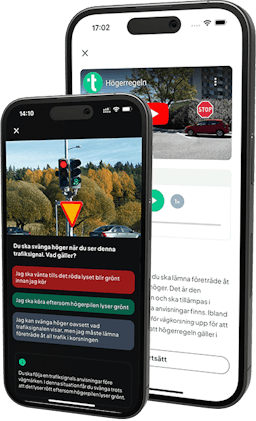Young Drivers
Little experience
It is important that you are able to read situations and predict potential dangers on the road. This can be difficult to do at the beginning when you don’t have all that much experience. But with time, you will learn which situations entail greater risks and you will become prepared to deal with emergency situations before they even arise.
Experience will also teach you how to behave and act on the roads. The first time you lose control of your car, it is very easy to be seized by panic. But if this happens repeatedly, you will learn how to stay calm, which is necessary in order to cope with the situation.
Self-awareness
At the beginning, it can be difficult for newly qualified drivers to know what sort of situations they are able to handle on the roads. Drivers with poor self-awareness often overestimate their driving abilities. They believe that they can control certain difficult situations that they are actually not yet ready for.
It is more common for young men to overestimate their driving abilities than it is for young women.

Research
There are several studies which compare newly qualified drivers with more experienced drivers. This research has shown that newly qualified drivers:
- Are more tolerant of offences on the road.
- Have longer reaction times.
- Use their rear-view mirror less.
- Have a more abrupt and jerky style of driving.
- Generally drive at higher speeds.
- Focus more on stationary objects on the roads than moving ones.
- Are more competitive.
Studies focused on drivers aged 18 to 19 have shown that the risk of having an accident is between six and seven times higher for this age group compared with experienced, middle-aged drivers.
As a young and newly qualified driver, there are a number of things you can do to reduce your risk of having an accident:
- Maintain a low speed
- Drive calmly and defensively
- Avoid risky manoeuvres, such as risky overtakes
- Do not drive when tired, sick or out of sorts
- Avoid driving in heavy traffic; try to choose a time when there are fewer cars on the road
- Keep good safety margins
Older Drivers
Middle-aged and older drivers do not tend to get into as many accidents. This is because they are usually more experienced and drive more calmly on the roads.

Many older drivers have physical impairments which result in longer reaction times and impaired vision. To avoid accidents, they adapt their driving to their ability by taking it easy and refraining from driving at night or in heavy traffic.
Statistically, the risk of having an accident then increases again over the age of 75. Drivers at this age often struggle with traffic situations where there is a lot of information and it is necessary to make quick decisions; at junctions, for example, they may miss a red light, forget to give way or to indicate before turning.



